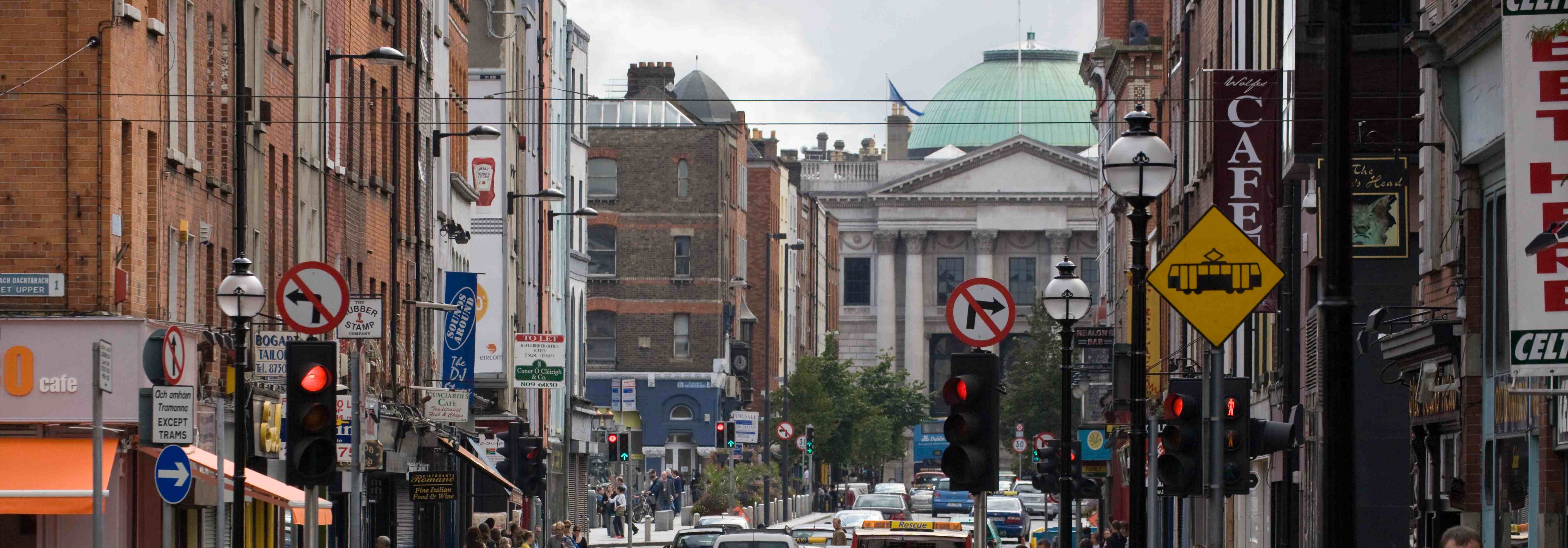According to the EUCRA report, Europe’s policies and adaptation actions are failing to deal with the rapidly growing risks associated with climate change. Across the board, incremental adaptation is being shown to be insufficient and numerous climate resilience measures are predicted to take too long to be effective. This inadequacy is even more apparent when considering the impacts and ability to adapt of the poorest and most vulnerable members of European society.
Justice has emerged as a key concept in adaptation in the EUCRA report, reflecting a wider trend towards discussing the impacts of climate change on the most vulnerable people and systems.
The EUCRA report provides evidence and insight into how these unequal impacts will be felt. It looks at the risks faced and the adaptive capacity of vulnerable social groups, such as low-income households and the elderly, and the importance of taking a fair and equitable approach to climate adaptation.
“Our new analysis shows that Europe faces urgent climate risks that are growing faster than our societal preparedness,” says Leena Ylä-Mononen, executive director of the European Environment Agency (EEA), when commenting on the assessment, adding that only rapid emission cuts and strong adaptation policies and actions could ensure the resilience of European societies.
In fact, the core ideas of just resilience and “leaving no one behind” feature heavily in numerous recent EU policies related to climate change adaptation, including the EU Strategy on Climate Adaptation, the European Green Deal and the EU Mission on Adaptation to Climate Change.
However, the new report takes the concepts of justice and resilience one step further by questioning what they actually mean and how we measure them.
Climate justice and resilience in Europe
According to Mary Robinson, who was the United Nations High Commissioner for Human Rights and former President of Ireland, having a safe climate is becoming more of a human right globally when she commented on the recent decision by the European court to recognise that countries must better protect people from climate change.
In the decision the European Court of Human Rights sided with Swiss senior women who claim that their government hasn’t been doing enough to safeguard them from climate risks.
“Many countries in Europe, if not all, will be vulnerable to litigation along those lines, that their countries are not doing enough to protect human rights,” Robinson said in a extensive interview with The Associated Press.
“If countries do not protect their people, then they may be undermining the human rights. That’s completely climate justice,” states Robinson in the interview.
According to Robinson climate risk “affects much earlier, much more severely, the poorest countries, poorest communities, small island states, Indigenous peoples. Within that, there’s a huge gender injustice because of the different social roles of women at different access to power, lack of access to power.”
Making justice, fairness, and inclusiveness the core of all adaptation policies is one of the keys to face the growing climate risks that Europe, the fastest warming continent in the world, is facing. A key part of that is the relationship between justice and resilience.
According to the EUCRA report, three core dimensions of justice in adaptation are needed when implementing just resilience for Europe. These are: distributive justice (who is affected and who benefits), procedural justice (fairness and legitimacy of the decision-making process) and recognition justice (the recognition of diverse values, cultures and worldviews). A key element to the report is adding depth and clarity to the definition of justice so that it can be measured adequately and to assist in implementing future policies.
This also leaves room for additional perspectives such as intergenerational justice, intersectionality, capacities and capabilities approaches, the safeguarding of intrinsic values of nature and restorative and retributive justice, which once again provide extra information on the elaboration of goals for just resilience for Europe and the development of indicators to measure, monitor, report on and evaluate progress.
When discussing how this plays out in European policy the report addresses how European policies on just resilience tend to be focused on the international sphere of justice, societal transformations, employment and workers’ rights, and allocation of adaptation funding between EU Member States. However, the social justice dimension of adaptation and the social and cultural values at risk from climate change require more attention for more effective and just resilience to climate risks.
Amplifying adaptation priorities and including the development of knowledge and solutions for justice in adaptation planning and implementation as well as developing frameworks and datasets that can help adequate identify indicators is a key part of the process. These indicators must therefore not only look at the equity in distribution of benefits and burdens from climate impacts, but also capture how measures affect various groups (preventive, mitigative and/or restorative) and the extent to which stakeholders have been consulted and involved in their implementation.
The report’s chapter on climate justice and resilience ends by stating the need for more clarity on the definition and goals of justice and equity in climate adaptation policy. The idea in the future is that policy documents and processes include the full range of issues and hence provide a holistic agenda for the transition towards a resilient society, which would include “uprooting and confronting structural elements of injustice.”
“Inequality is sapping the system […] It’s eroding a sense of being humans together on this planet when you have this incredible wealth and power that goes with us – and so many people, feeling left out and divided,” Robinson concludes.






